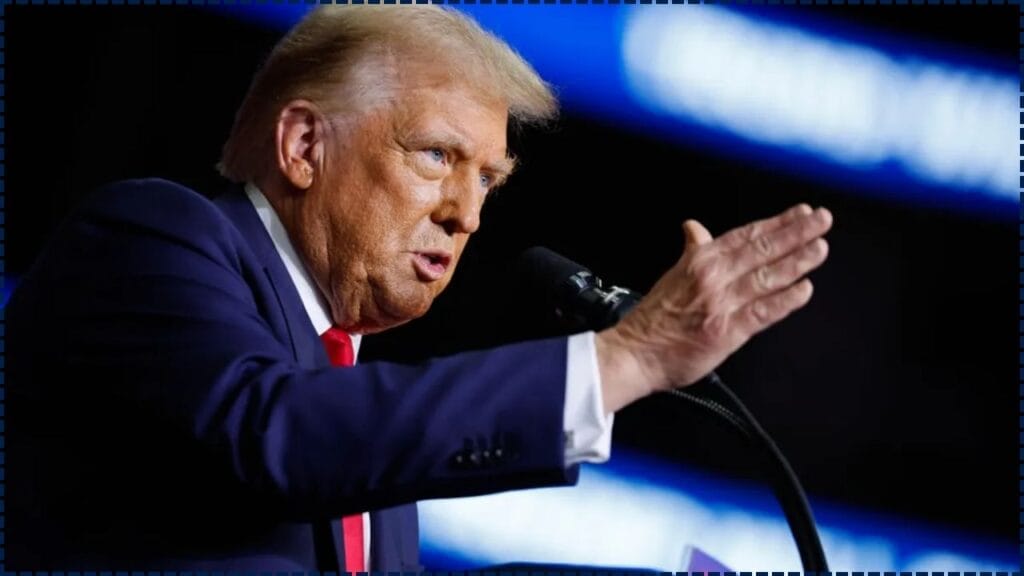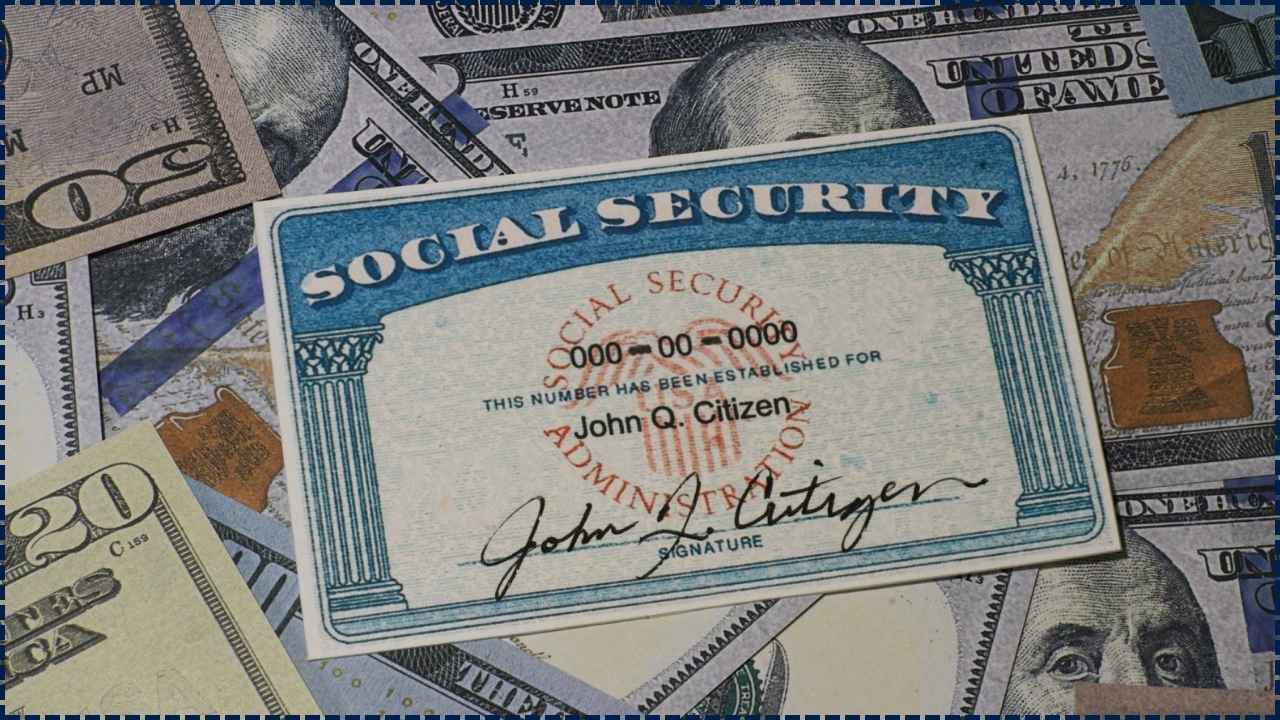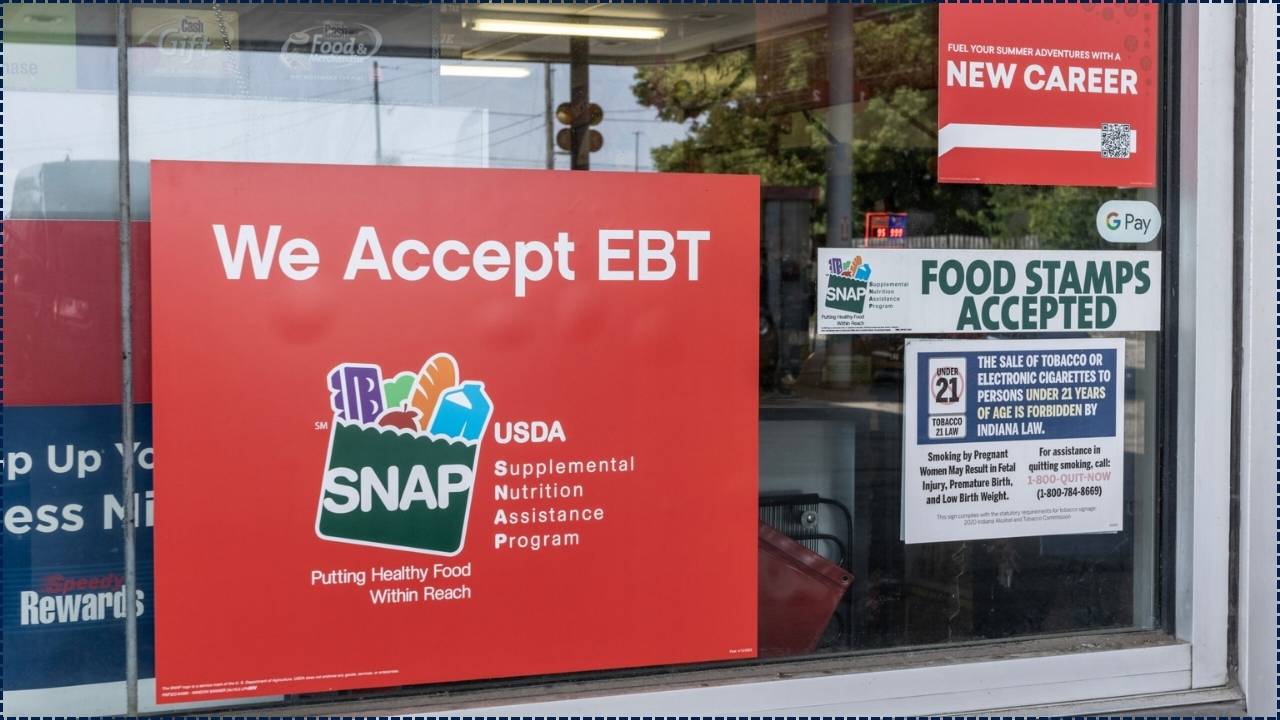Conservative economists rally against ESG — and it’s not just political theater. It could mark a serious turning point in how America handles corporate responsibility, climate policy, and retirement savings. If you’ve heard the term “ESG” tossed around on cable news or scrolling through LinkedIn and wondered what the big fuss is about, you’re not alone. And if you’re trying to figure out how it might affect your wallet, your job, or your investments, buckle up—we’re breaking it all down in plain English, with the wisdom of someone who’s been around the block.

In recent months, the anti-ESG movement has grown louder, more organized, and more aligned with former President Donald Trump’s broader agenda. From changes in pension rules to rollbacks on climate disclosure regulations, the groundwork is being laid for a major shift—one that could reshape how businesses make decisions, how investors weigh risk, and how government interacts with the free market. Whether you’re a retiree, a business leader, or just someone keeping an eye on your 401(k), this is a conversation you need to tune into. The changes on the horizon may not just influence your investment portfolio—they may alter how American capitalism operates for decades.
Conservative Economists Rally Against ESG
| Topic | Details |
|---|---|
| Main Event | Conservative economists push back on ESG investing and disclosure rules |
| Leading Voices | American Institute for Economic Research (AIER), Rep. Andy Barr, The Heritage Foundation |
| Trump’s Influence | Trump-linked Project 2025 outlines rollback plans |
| Policy Target | Department of Labor’s ESG pension rules, SEC’s climate disclosure standards |
| Corporate Impact | Walmart and Target revisiting DEI and ESG policies |
| Official Source | U.S. SEC, SSA, AIER, Heritage Foundation |
The battle over ESG is more than headlines—it’s about values, dollars, and the role of business in society. Conservative economists and lawmakers see ESG as overreach. Supporters say it’s overdue.
With Trump-aligned policymakers ramping up efforts to dismantle ESG guidelines through legislation and administrative policy, 2025 could become a pivotal year in the fight for (or against) socially-conscious capitalism.The bottom line? Know what you’re investing in, and know what’s influencing those decisions. The tools are there. It’s on you to use them.
What Is ESG, Anyway?
Let’s start with the basics. ESG stands for Environmental, Social, and Governance. It’s a set of criteria that many investors, especially younger and socially-conscious ones, use to evaluate companies:
- Environmental: What’s the company’s impact on the planet? This includes how much greenhouse gas they emit, how they use energy, and how they manage waste.
- Social: How does it treat employees, communities, and supply chains? Are they diverse, fair, and ethical?
- Governance: What does leadership look like? Are the CEO and board accountable? Are there conflicts of interest?
In short, ESG investing says: “Don’t just look at profits—look at how companies make their profits.” It’s not a new idea, but it’s gained traction in recent years as younger generations demand more accountability from corporations. Some call it socially responsible investing, others see it as common sense. But increasingly, it’s also become a political football.
Many ESG supporters argue that companies focusing on sustainability and social fairness perform better long-term and pose fewer legal and regulatory risks. For example, a company that pollutes less might avoid expensive lawsuits, or a company with a diverse board might innovate more effectively. But ESG isn’t one-size-fits-all, and its complexity fuels both support and criticism.
Why Are Conservatives Rallying Against ESG?
Critics, especially in conservative circles, argue that ESG is not neutral. They believe it pushes political ideology into the private sector. Here’s what they’re saying:
- It distracts from bottom-line performance, pulling focus from what businesses were built to do: make money.
- It limits freedom by tying companies’ hands with ideological metrics.
- It blurs the lines between public policy and private enterprise.
According to the American Institute for Economic Research (AIER), fiduciaries should always act with a singular focus: delivering the best financial outcomes for their clients. They argue ESG blurs this mission, especially when it comes to taxpayer-funded retirement systems.
Many conservatives also point out inconsistencies in ESG ratings. A company might rank high environmentally but perform poorly on governance or labor practices, and vice versa. This creates confusion for investors and opens the door to accusations of cherry-picking or political favoritism.
Trump’s Shadow Plan – Enter Project 2025
Project 2025 isn’t a Hollywood sequel—it’s a real and powerful blueprint published by the Heritage Foundation, outlining how a future Trump administration would take a sledgehammer to what it sees as left-leaning federal bloat.
In the ESG space, it includes:
- Scrapping ESG requirements in federal pension fund management
- Shutting down SEC climate reporting mandates
- Rolling back DEI (Diversity, Equity, Inclusion) requirements in federal contracts
This project envisions a government where economic freedom and free-market principles override socially-engineered incentives. It also recommends cutting budgets for agencies like the Department of Energy and Environmental Protection Agency, which have spearheaded ESG-friendly policies.
The message? Get politics out of business—and business out of politics, unless it serves the national interest.
Big Moves in Washington
Major legislative and regulatory shakeups are already in motion. These aren’t just proposals—they’re unfolding now.
1. The Department of Labor’s ESG Rule
In late 2022, the Department of Labor (DOL) allowed retirement fund managers to consider ESG factors when choosing investments for 401(k) plans. The key? It didn’t mandate ESG—just permitted it.
Now, Republicans want it off the books. They argue that even giving fund managers the option to prioritize ESG opens the door to misaligned fiduciary behavior.
Rep. Andy Barr (R-KY) introduced the Ensuring Sound Guidance Act, which:
- Forces fiduciaries to only consider financial performance, not social or environmental impact.
- Requires full disclosure when ESG funds are offered—highlighting their performance, costs, and risks compared to traditional investments.
This could affect trillions of dollars in employer-sponsored retirement savings. Critics say it’s a solution in search of a problem, but supporters argue it restores focus and clarity to investment choices.
2. SEC Backs Away from Climate Rule
The SEC launched a climate disclosure rule under Biden that would require publicly traded companies to reveal their greenhouse gas emissions and exposure to climate-related risks. This was meant to align the U.S. with global financial disclosure norms and provide investors with a clearer picture of long-term risk.
But with lawsuits piling up and political pressure mounting, the SEC announced in 2025 that it would not defend the rule in court. Essentially, they’re backing off enforcement.
Bottom line: Climate disclosures could become voluntary again, pulling the U.S. further away from global standards, and possibly affecting international investment interest in U.S. companies.
What Does This Mean for You?
Whether you’re managing your own investments, running a business, or thinking about how your workplace aligns with your values—these changes matter.
For Investors:
- You might see less transparency about where your money is going.
- ESG funds could become harder to find in retirement plans.
- Traditional energy and industrial stocks could get a bump as ESG fades.
- Global fund managers may reevaluate U.S. exposure based on regulatory uncertainty.
For Employees:
- Companies may cut back on DEI programs, which could change workplace culture.
- Employers might shift focus from social impact back to shareholder returns.
- New hires may find fewer corporate commitments to sustainability or equity.
- Your company may pivot its mission statements to avoid political pushback.
For Business Owners:
- Compliance costs could go down.
- But investors and global customers—especially in Europe—may expect ESG reports anyway.
- You may find it harder to attract ESG-focused capital.
- Consumer brand perception might shift if DEI or sustainability policies are scaled back.
Real-Life Example – Walmart & Target Backpedal
Let’s take a look at some household names.
Walmart and Target, once hailed for their bold DEI and ESG strategies, are now backpedaling. Why?
- Political heat: Conservative lawmakers and customers are voicing outrage.
- Economic drag: Some ESG-branded products aren’t selling like they used to.
- Stock pressure: Investors are questioning the profitability of woke branding.
Both companies have reportedly reassigned or eliminated DEI-focused roles, scaled back public ESG goals, and opted for quieter messaging around social issues. This shift illustrates how even major brands adjust under the weight of public perception and political backlash.
Newark Airport’s Air Traffic Control Issues Highlight National Infrastructure Challenges
How Much Cash Should You Really Keep in Your Wallet? Financial Gurus Share Surprising Advice
Social Security May 2025: Double Payments Coming for Millions; Are You on the List?
Conservative Economists Rally Against ESG Stay Informed and Protected
Knowledge is power—and your best defense is staying educated.
1. Read the Fine Print
Make it a habit to read your fund disclosures. If ESG is a priority, make sure your investments reflect that. If not, opt for funds that align more with your personal values and financial goals.
2. Diversify Your Portfolio
A balanced portfolio is a healthy portfolio. Don’t go all-in on ESG or ignore it entirely. Hedge your bets across industries, geographies, and risk levels.
3. Follow Regulatory Changes
Bookmark the SEC, Department of Labor, and financial news outlets. Changes are happening fast. Subscribing to a few trusted newsletters can help you stay ahead.
4. Talk to a Financial Advisor
Not all advisors are well-versed in ESG. Ask them directly about their experience—and how they can align your portfolio with your goals. Don’t be afraid to shop around for someone who “gets” your perspective.
FAQs
What is ESG investing?
It’s investing that looks beyond profits to consider a company’s environmental footprint, social practices, and leadership ethics.
Is ESG investing effective?
Studies are mixed. Some show ESG funds can match or beat returns. Others suggest they underperform or come with higher fees. It depends on your time horizon and risk tolerance.
Can ESG be removed from my 401(k)?
Yes. If federal or state rules change, plan sponsors might eliminate ESG options altogether. You’ll want to keep an eye on plan updates.
How does the U.S. compare to other countries?
The U.S. is pulling back, but Europe is doubling down. If you invest globally, ESG will still be in play.
Is ESG just a fad?
Not really. The concept’s been around for decades, but it’s now caught in a political tug-of-war. Whether it stays mainstream depends on market demand and regulatory climate.












